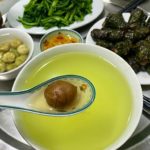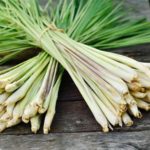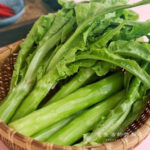Vegetables to Avoid During Pregnancy
– Expectant mothers should avoid consuming Vietnamese coriander, water spinach, and artemisia in the first trimester. These vegetables contain substances that can lead to blood loss and uterine contractions, potentially resulting in miscarriage.
– Oxalis consumption can also stimulate and increase uterine contractions. Meanwhile, Moringa contains the hormone alpha-sitosterol, which has contraceptive effects. Eating Moringa can cause uterine smooth muscle contractions, increasing the risk of preterm labor and miscarriage.
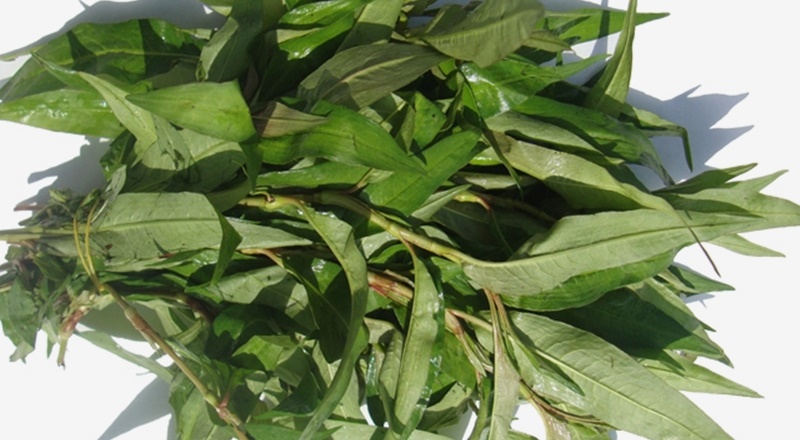
Tubers and Roots to Limit During Pregnancy
– Pregnant women should limit their intake of potatoes as the alkaline content can accumulate in their bodies and potentially cause birth defects.
– Cassava can disrupt a mother’s digestion. To reduce toxins in cassava, it is recommended to peel and soak it in cold water for an hour before cooking. Generally, pregnant women should consume less cassava and not too often.
– While beets are known to be blood-boosting, excessive consumption can lead to blood oxidation in pregnant women, rendering red blood cells incapable of carrying oxygen, resulting in anemia.
– Peanuts contain proteins that can cause allergies. If consumed frequently during pregnancy, these proteins can enter the baby’s body and potentially trigger allergies in the child.
– The substance gingerol found in ginger can thin the blood and lead to blood clots in pregnant women. It is advisable to minimize ginger intake, and if you experience morning sickness and wish to use ginger for relief, refrain from consuming it continuously for more than four days.
Pregnant women also need to avoid certain foods. Refer to our detailed article on this topic to ensure the health and well-being of both mother and child.
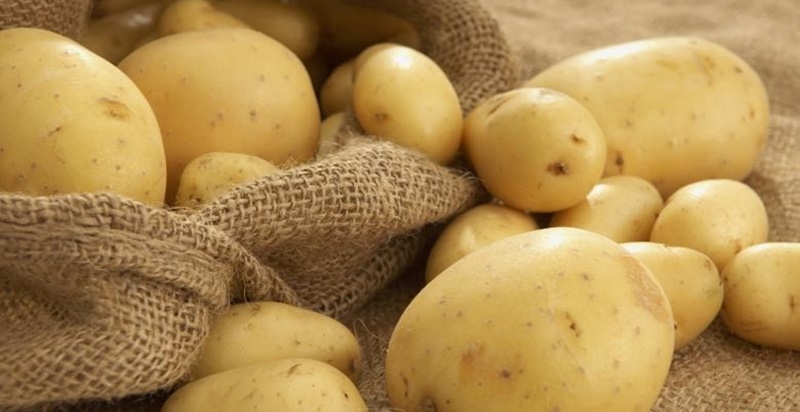
Nutrition during pregnancy is of utmost importance as it directly impacts the development of the fetus. Join us as we delve into this critical subject.
Pregnant women should pay attention to this advice and limit or avoid these vegetables and tubers for their well-being and the healthy development of their babies. Share your own dietary tips and experiences during pregnancy by leaving a comment below.
Reference: tamsuphunu.com
How to Enjoy the Benefits of Water Spinach, Morning Glory, and Amaranth
Have you ever wanted to use water spinach, basella alba, and purslane to increase your health and wellbeing? Learning the correct methods to select and prepare these traditional ingredients could help you achieve this goal. Keep reading to find out more!


























